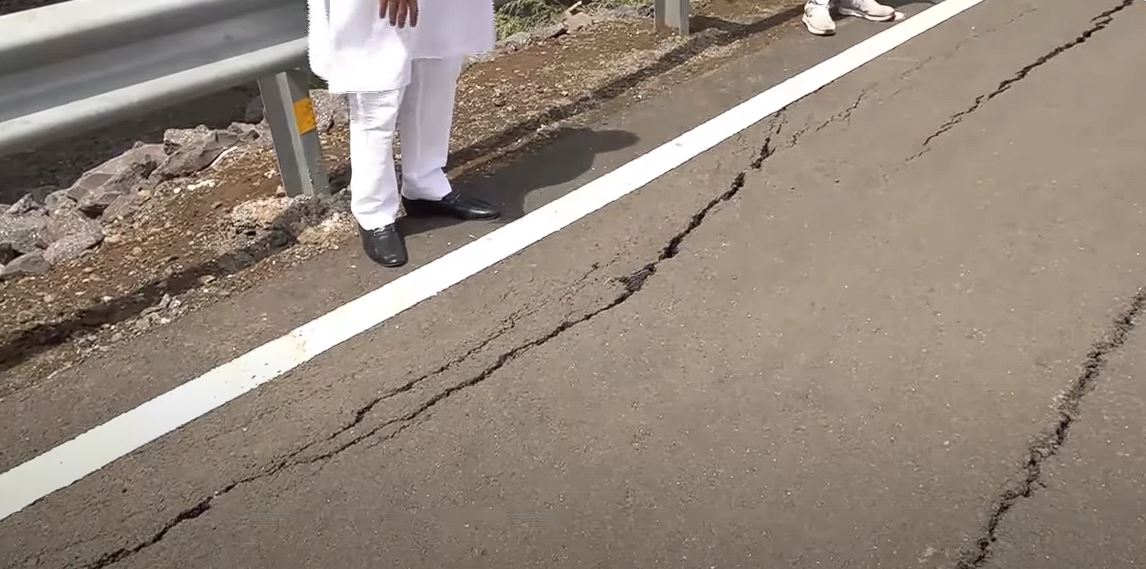Odisha Police Cracks Down on Tattoos Among SSB Personnel
The Odisha Police has sent ripples through its ranks with a new directive targeting visible tattoos on Special Security Battalion (SSB) personnel. Issued on Tuesday by the deputy commissioner of police (security), Bhubaneswar, the order mandates the removal of any “easily noticeable tattoos” within a strict 15-day window. This move has sparked debate, raising questions about professionalism, personal expression, and the legality of such restrictions.
SSB: Guardians of Sensitive Installations
The SSB occupies a critical space within the Odisha Police apparatus. Tasked with safeguarding high-security zones like the Chief Minister’s residence, Raj Bhavan, the state secretariat, the Legislative Assembly, and the high court, these personnel are entrusted with ensuring the safety of Odisha’s key figures and institutions. Maintaining a professional demeanor is considered essential for their role, and the new directive targets a perceived obstacle to that image.
Tattoos Deemed Unprofessional and Offensive
The order cites concerns about the visibility of tattoos with uniforms and categorizes them as “obscene and derogatory.” This framing suggests a belief that tattoos inherently undermine the seriousness and decorum expected of security personnel. The directive further instructs officials to compile a list of SSB personnel sporting such tattoos, indicating a systematic approach to enforcing the removal requirement.
Uncertain Consequences for Non-Compliance
The news article leaves the repercussions of non-compliance unclear. There is no mention of disciplinary action or stricter measures for those who fail to remove their tattoos within the stipulated timeframe. This ambiguity creates space for speculation and potential challenges to the order’s enforceability.
Public Discourse on Tattoos and Professionalism
The Odisha Police’s directive is likely to ignite a public conversation on various fronts. While some may view it as a necessary step to uphold the prestige and professionalism of the security force, others might raise questions about its legality and its implications for personal choice. The evolving social perception of tattoos and their appropriateness in professional settings is another layer of complexity in this debate. Will the public endorse the removal of tattoos as a marker of professionalism, or will they view it as an overreach by the authorities?
Legal Challenges and Individual Rights
The legality of the order itself could be another battleground. Some legal experts might argue that the directive infringes upon the fundamental right to self-expression enshrined in the Indian Constitution. The question then arises: can the nature of an individual’s job supersede their right to express themselves through body modifications?
The Odisha Police’s tattoo crackdown presents a multifaceted issue with no easy answers. It compels a reevaluation of the balance between professional expectations, personal autonomy, and the evolving cultural landscape regarding tattoos.





